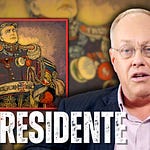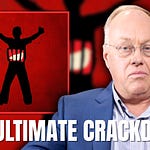Stephanie Gibaud in June 2008 was ordered by one of her managers at the UBS Bank in Paris to destroy all her computer files that related to customers with offshore accounts in Switzerland. The order came in the wake of the 2007 American banker Bradley Birkenfeld’s disclosure of client information to the U.S. Department of Justice that suggested the bank was facilitating massive tax evasion schemes for its American clients – ultimately leading to a penalty of $780 million. Swiss banks have long been havens for those seeking to avoid taxes. In 2014, Credit Suisse would also plead guilty to sheltering money for its clients so they could avoid taxes and paid $2.6 billion in penalties.
Gibaud was the only bank employee at UBS who refused to delete her files. She protested to UBS management and French regulators. Her documents would eventually help to identify 38,000 offshore bank accounts amounting to $ 12 billion dollars.
UBS responded by trying to fire her as part of a mass redundancy of one hundred employees, during the 2008 financial crisis. The French Ministry of Work intervened, but her life at UBS became excruciating. She suffered harassment and discrimination along social and professional isolation. She endured constant anxiety and depression. UBS fired her in 2012. She was sued for defamation by the bank after writing her book “The Woman Who Knew Too Much, part of a series of law suits that plague her to this day. She requested compensation totaling 3.5 million euros. The judge gave her 4,500 euros, to cover her legal fees.
UBS was eventually forced to pay a record fine in 2019 of $ 4.9 billion dollars. But Gibaud found herself financially ruined and blacklisted from the financial sector where she had spent her career.
The French legal system does not compensate whistleblowers, unlike the United States. The Commodity Futures Trading Commission, for examplerecently awarded an anonymous whistle-blower around $ 200 million for providing information about Deutsche Bank’s manipulation of the LIBOR benchmark. Birkenfeld, who exposed UBS’s offshore accounts for American clients, was handed a check from the U.S. Treasury for $ 104 million dollars minus taxes.
Gibaud is currently battling in the French courts to become the first legally-recognized whistle-blower, which could pave the way for greater protection – and compensation. Joining me from France to discuss global banking, fraud, the fate of whittelbloers and her case is Stephani Gibaud, author of The Woman Who Knew Too Much and Whistleblowers: The Man Hunt.











